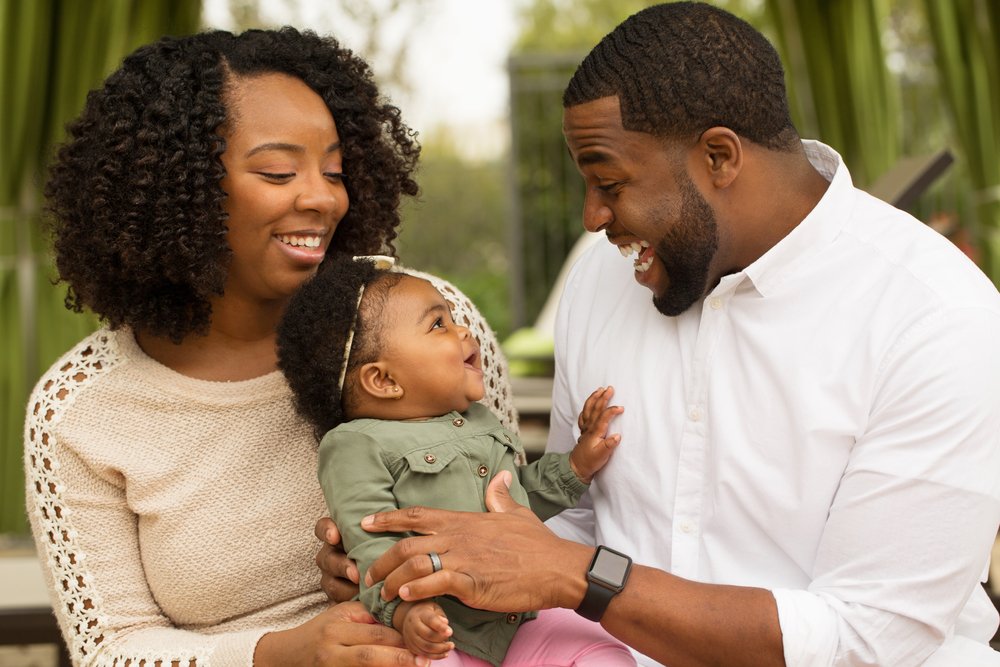
What’s the importance of baby-talk?
Why do, all of a sudden, adults become fluent in “motherese” or baby-talk when there’s a baby in the proximity? Key Points: 1….
Discover the key milestones of physical, cognitive, linguistic and socio-affective child development and understand the science behind child development.
Discover the key milestones of physical, cognitive, linguistic and socio-affective child development and understand the science behind child development.

Why do, all of a sudden, adults become fluent in “motherese” or baby-talk when there’s a baby in the proximity? Key Points: 1….
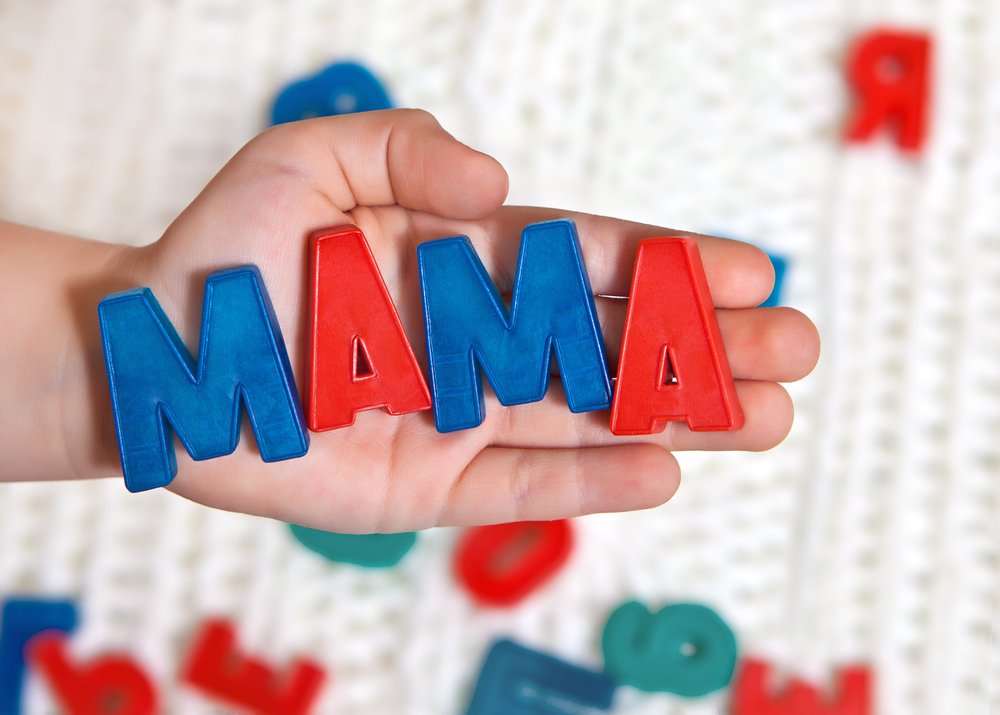
Key points:1. Babies learn to talk through imitation and association.2. A baby’s first words, like “mama” or “dada,” start as babbling sounds.3. To…
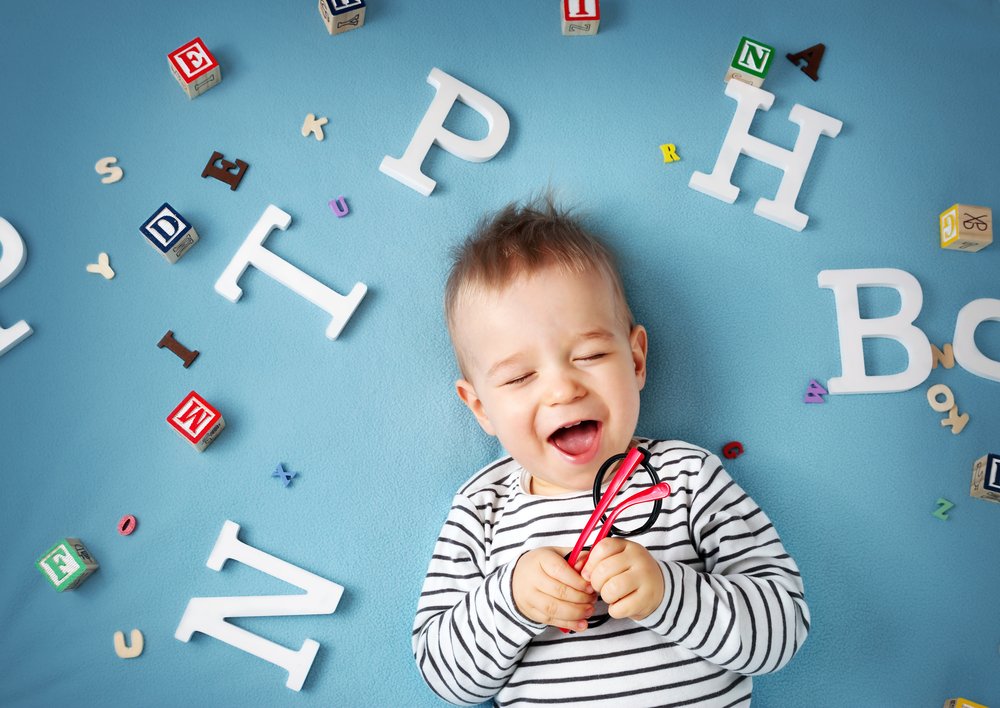
Key points: 1. Babies can learn a second language with a play-based program in just one hour per day. 2. Bilingualism enhances cognitive…
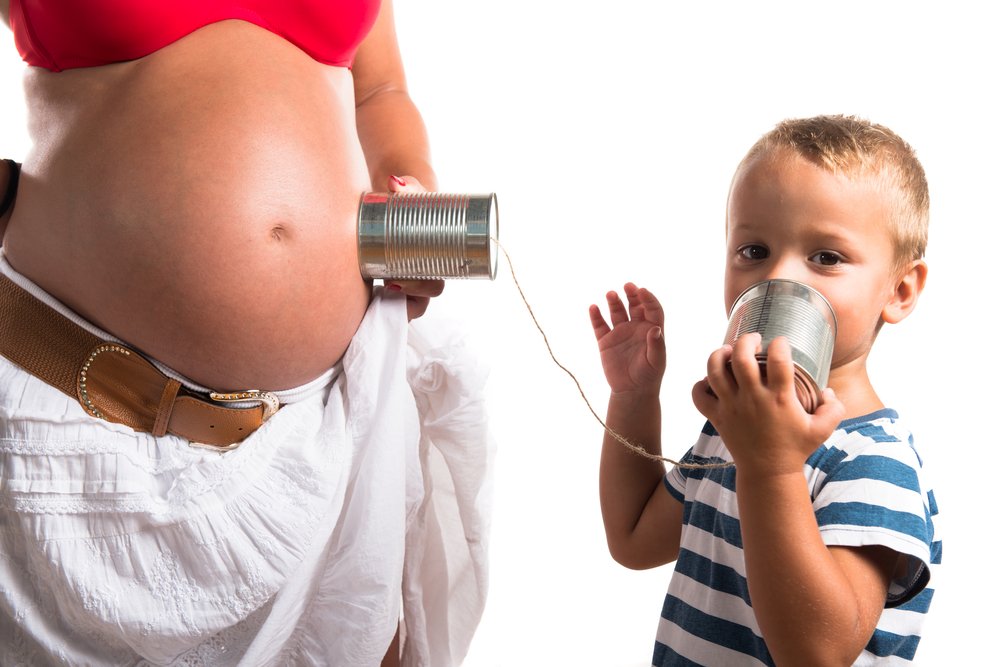
Key points: 1. Language learning begins in the womb, impacting how babies perceive sounds and languages. 2. Newborns recognize and prefer voices and…

Key points: Researchers at Indiana University and the Georgia Institute of Technology have discovered that a toddler’s visual experience may play a crucial…

Key points: 1. Excessive background noise at home or school can hinder toddlers’ ability to learn new words. 2. Research by Brianna McMillan…
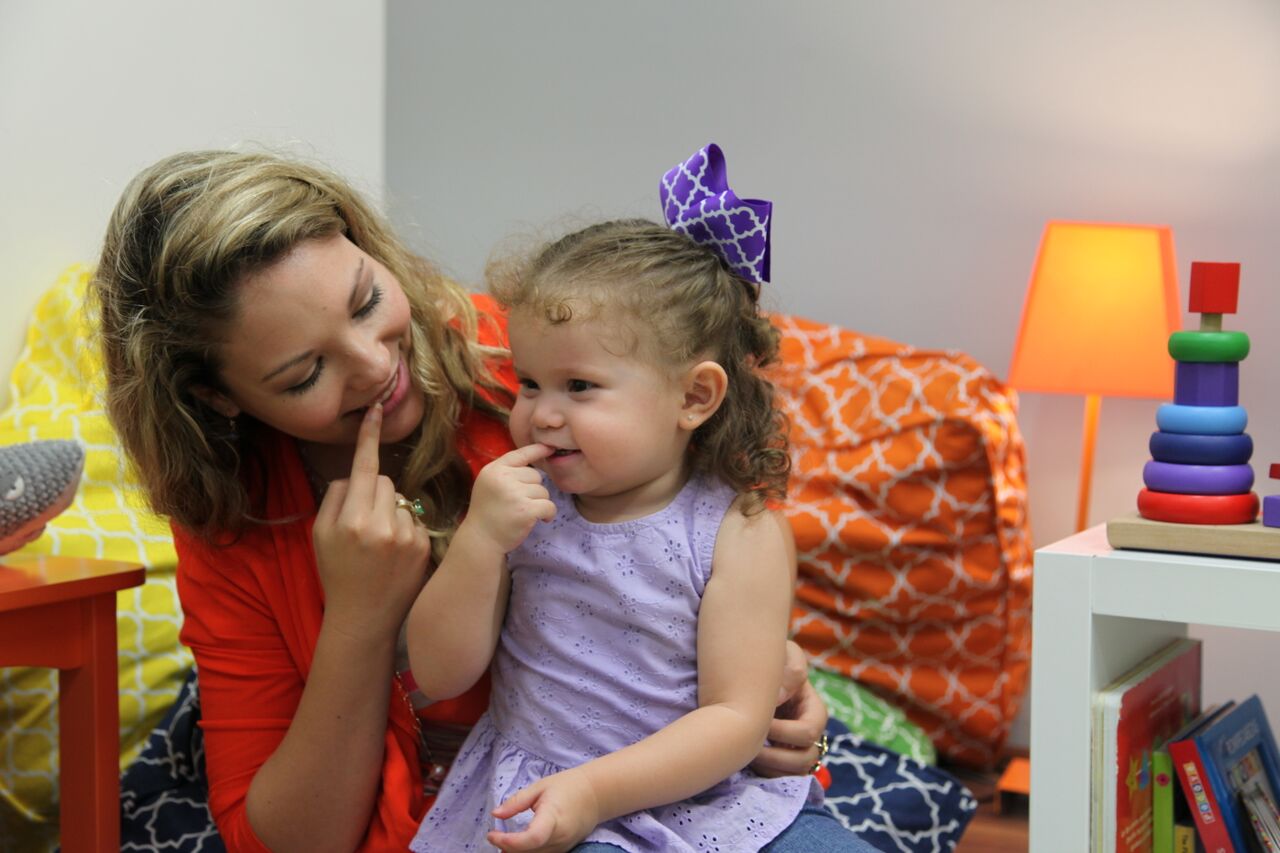
If you have been paying close attention to your baby, you have probably noticed that before they can even talk, they have been…

Key Points: Baby’s first words are often “mama” and “dada” due to repeating sounds. Babies recognize repetitive sounds easily, making these words simple…

It’s the 21st century and technology is all around us! In fact, technology is what is allowing me to write this and you…
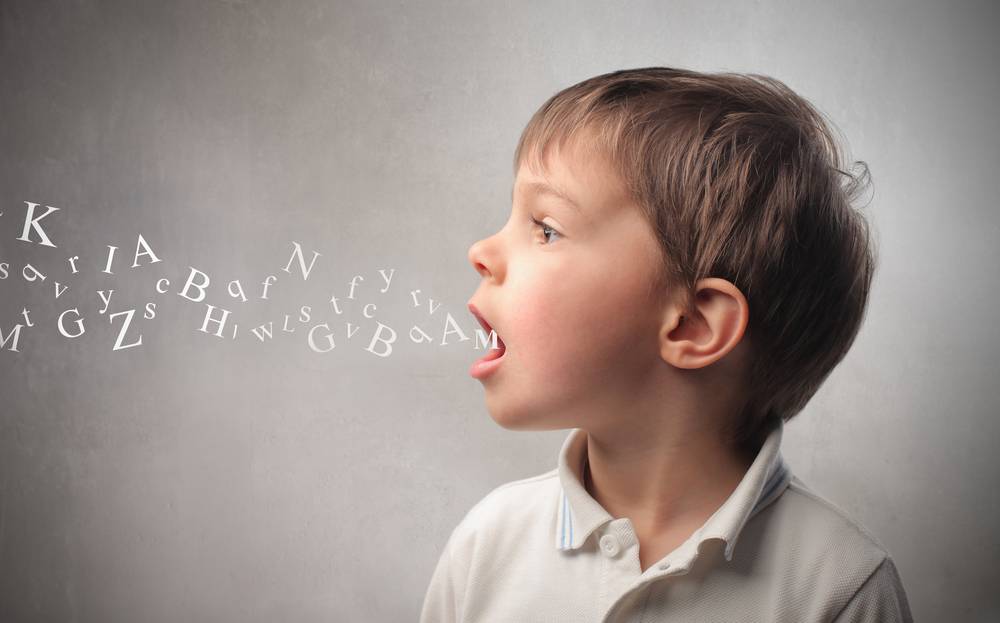
Key points: 1. Learning multiple languages enhances social and cognitive development in children. 2. Children who are bilingual often excel in cognitive tasks…

Key points: Babies learn new languages best through social interaction rather than audio or video. A study by the Institute for Learning &…
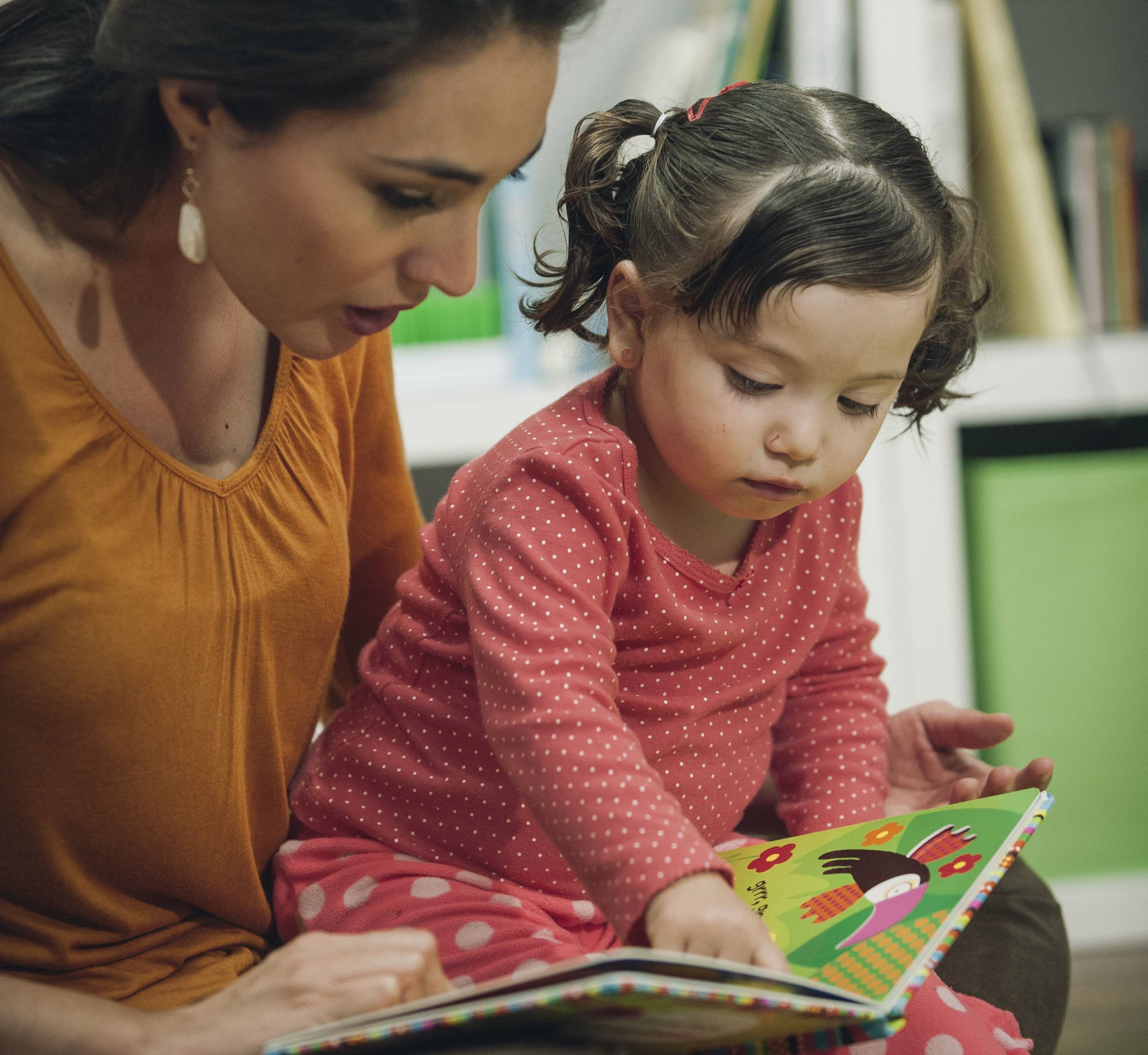
Key Points: Reading with your baby can significantly improve their language skills and strengthen the emotional bond between parent and child. Reading to…
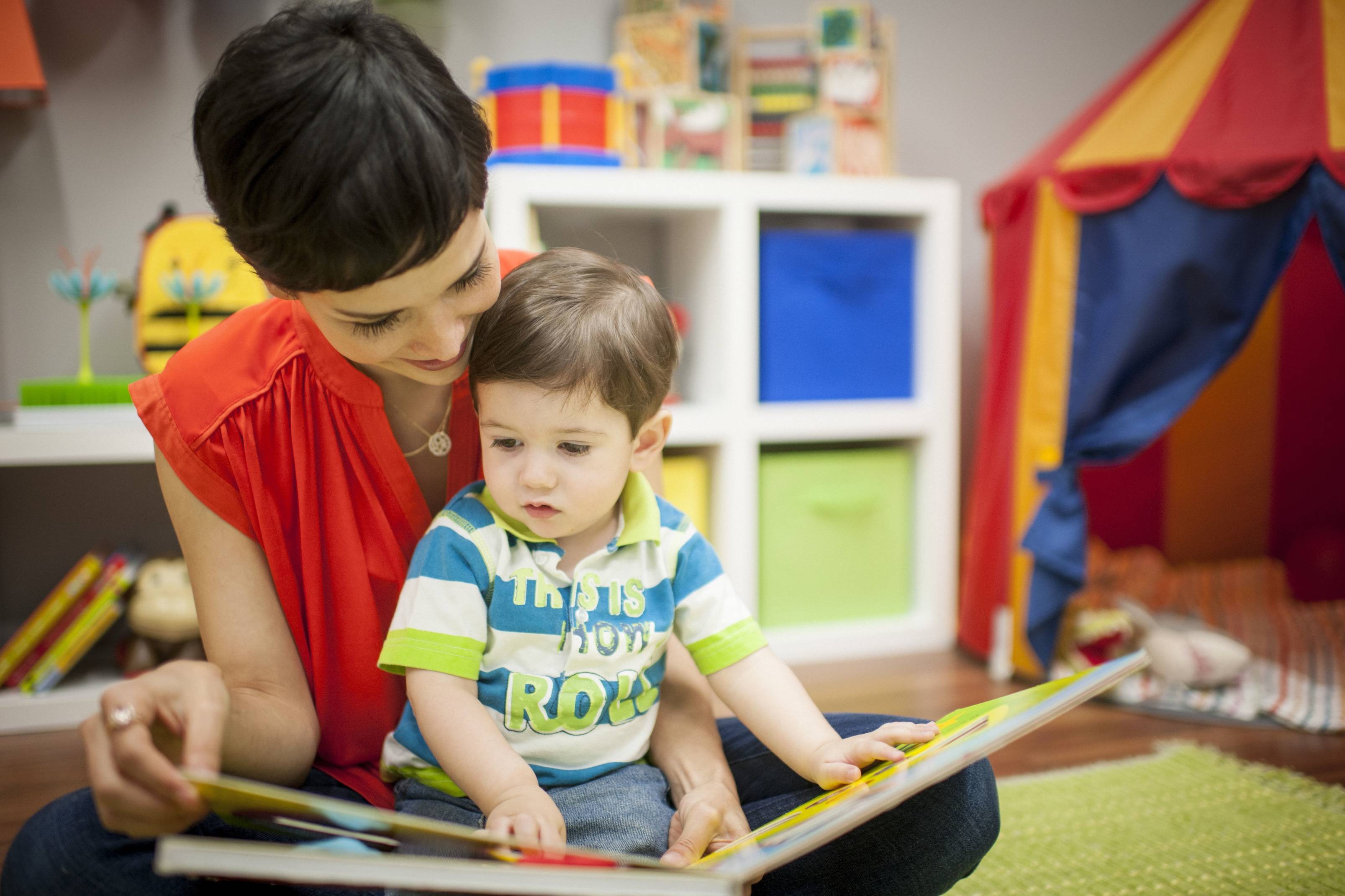
Key points: Start reading with your baby early, making it a daily habit. Respect your baby’s preferences; don’t force reading if they resist….
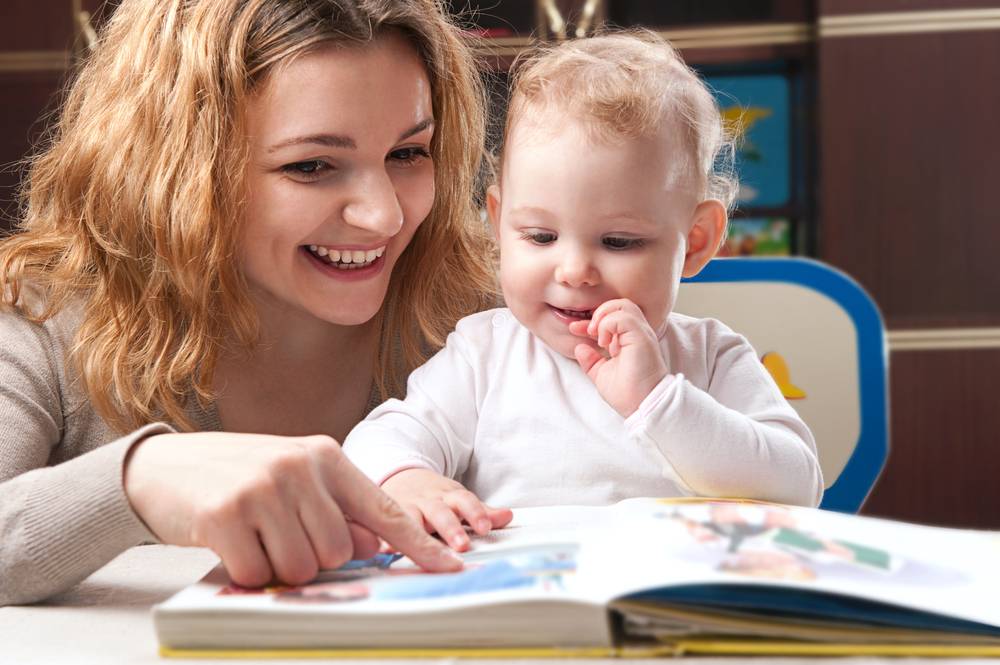
Key points: 1. Reading daily fosters a strong parent-child bond and prepares children for kindergarten. 2. Babies, even very young ones, absorb information…

Key points: 1. Tantrums are common in toddlers aged 1 to 3 as they can’t express feelings through words yet. 2. Stay calm…
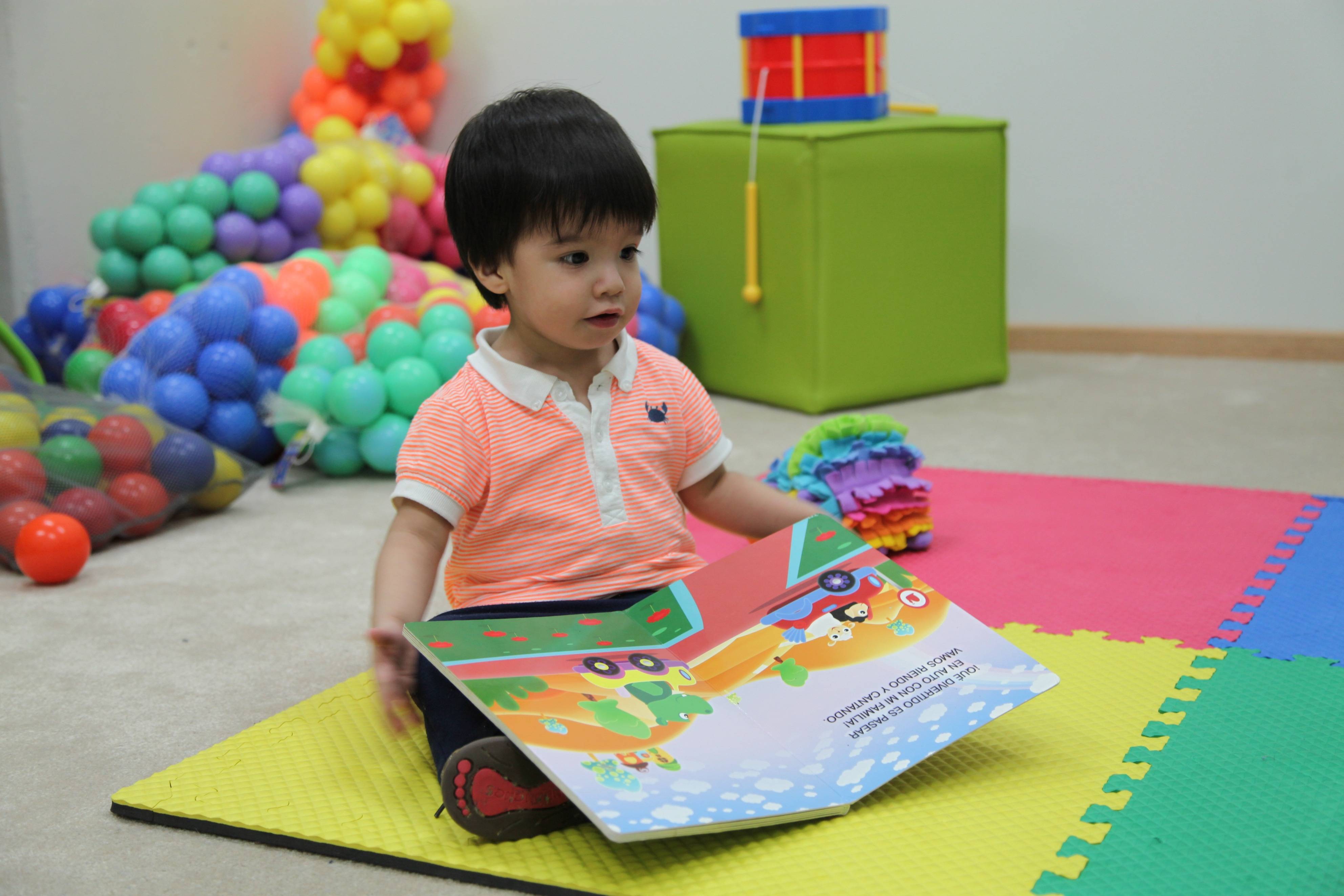
Key points: 1. Reading for pleasure boosts literacy skills, vocabulary, self-confidence, and knowledge in children. 2. Reading books to your child is crucial…
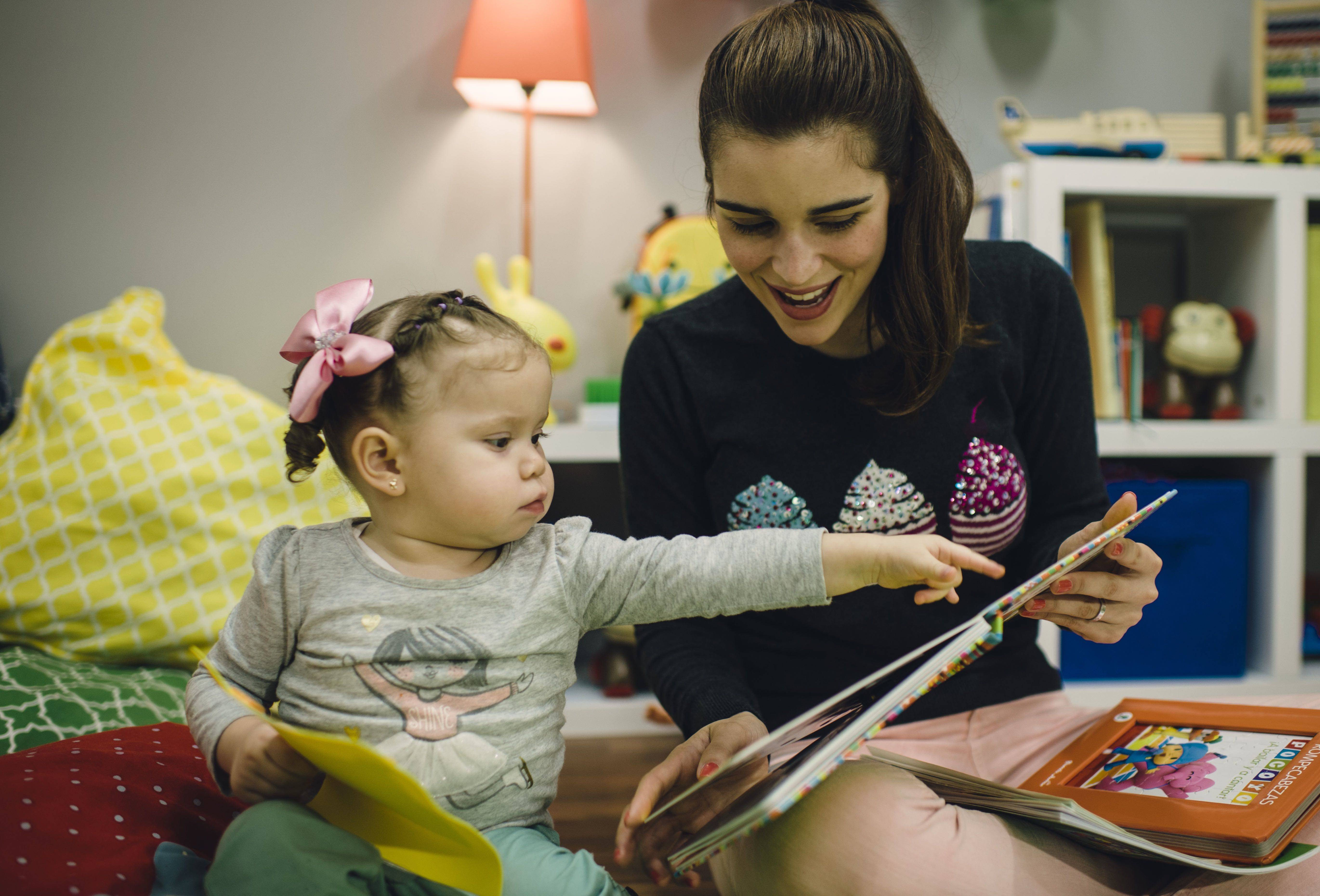
Key points: Hand gestures are natural and prevalent in communication across different cultures and are important in language development, as children use their…
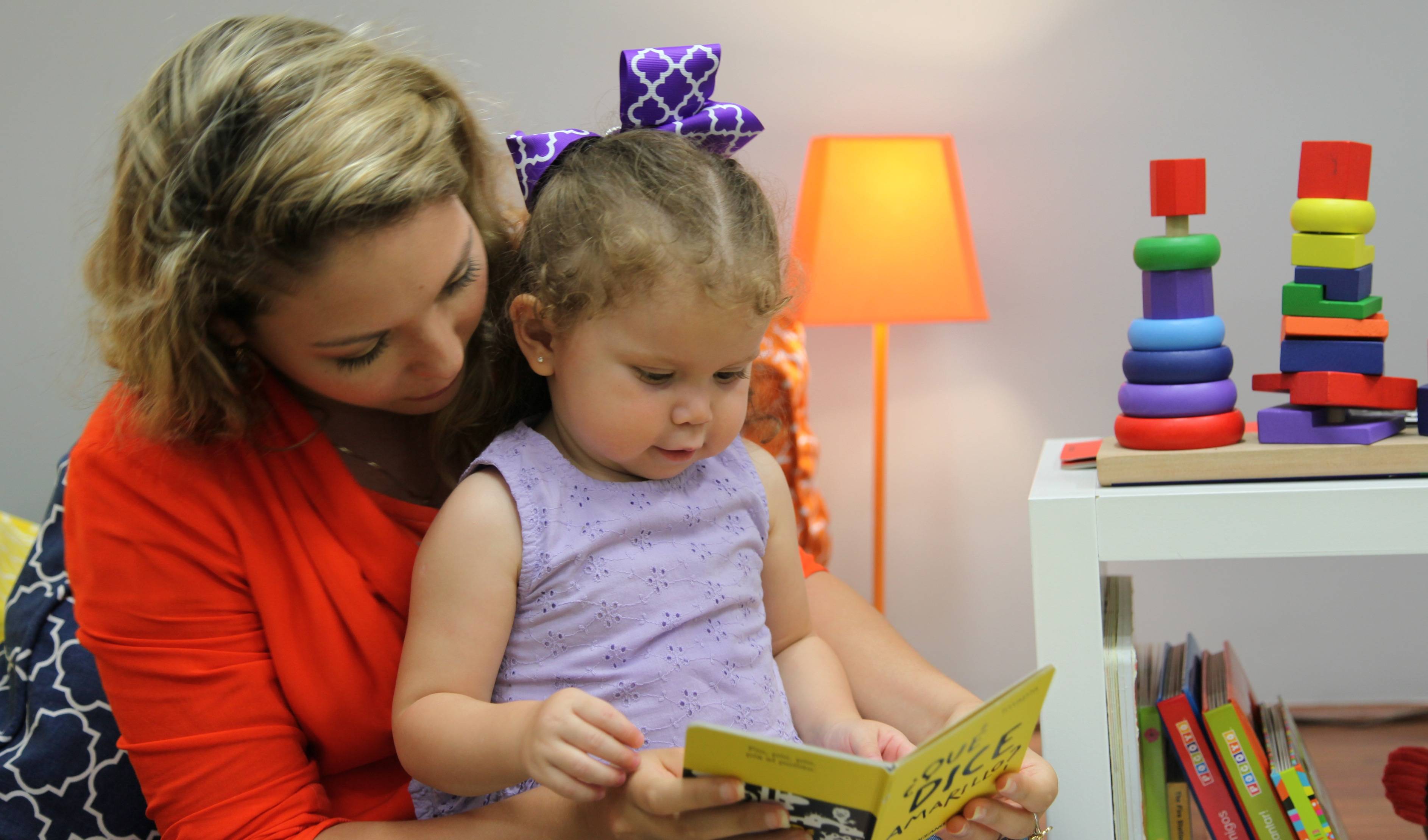
Key points: 1. Reading to your child daily is highly beneficial for their brain, language, social skills, and self-control. 2. Books help children…
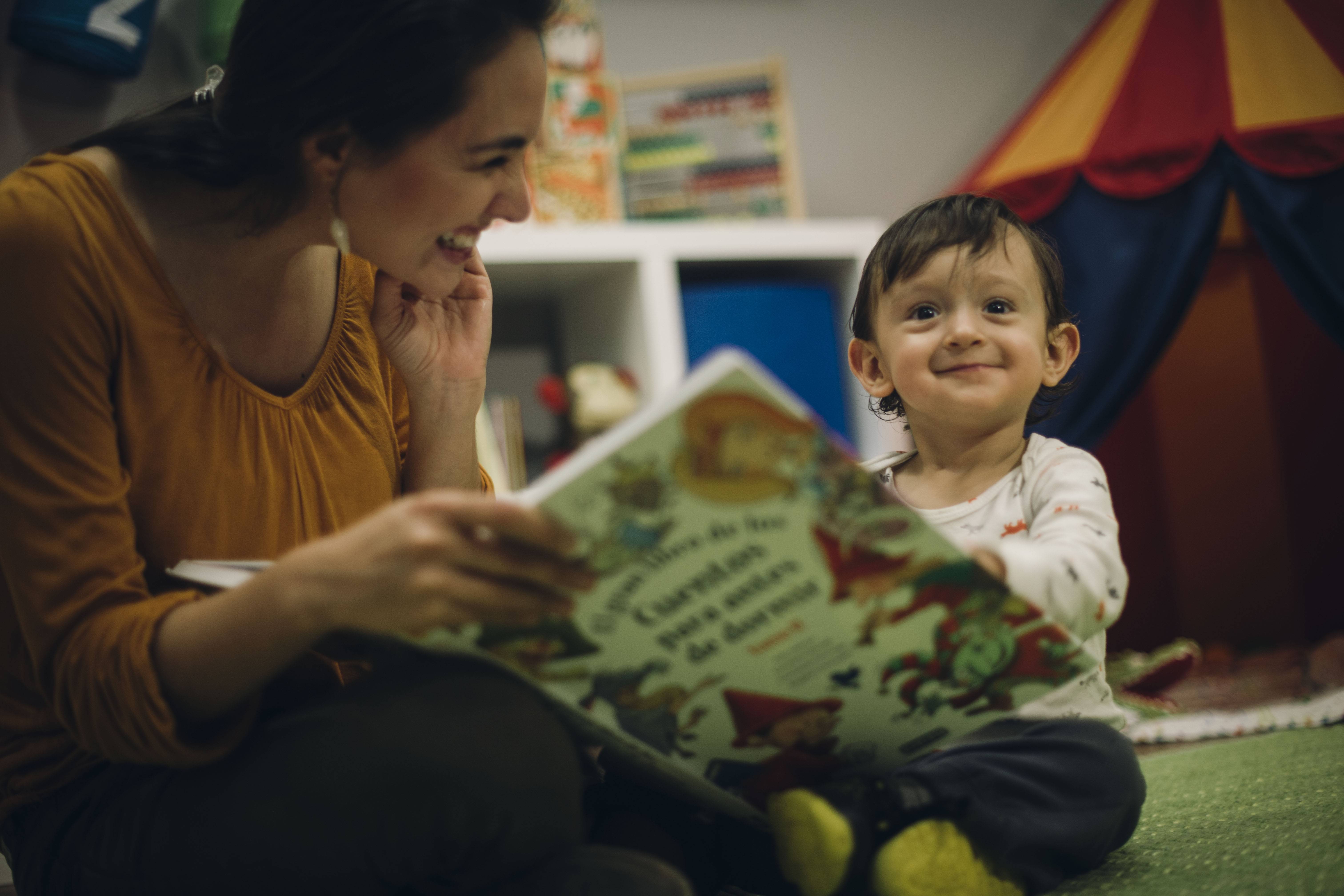
Key points: 1. Books are effective tools to help children identify and understand different emotions. 2. Babies are born with various emotions, and…
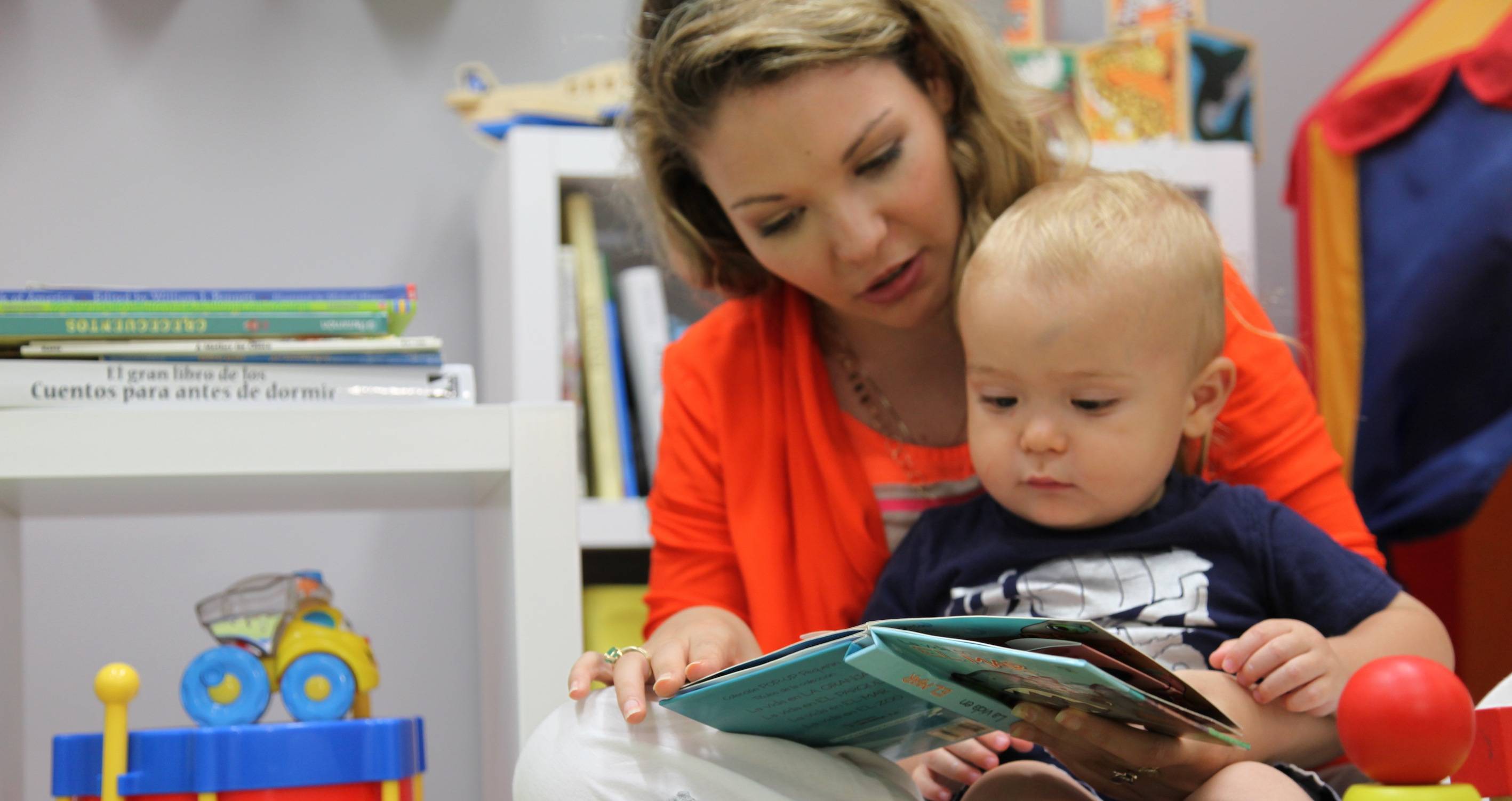
Key points: 1. Reading aloud with children has numerous benefits for brain development, language skills, and social skills. 2. Daily reading builds a…

Key points: The first years of life are crucial for brain development due to the brain’s high malleability. “Serve and return” interactions between…